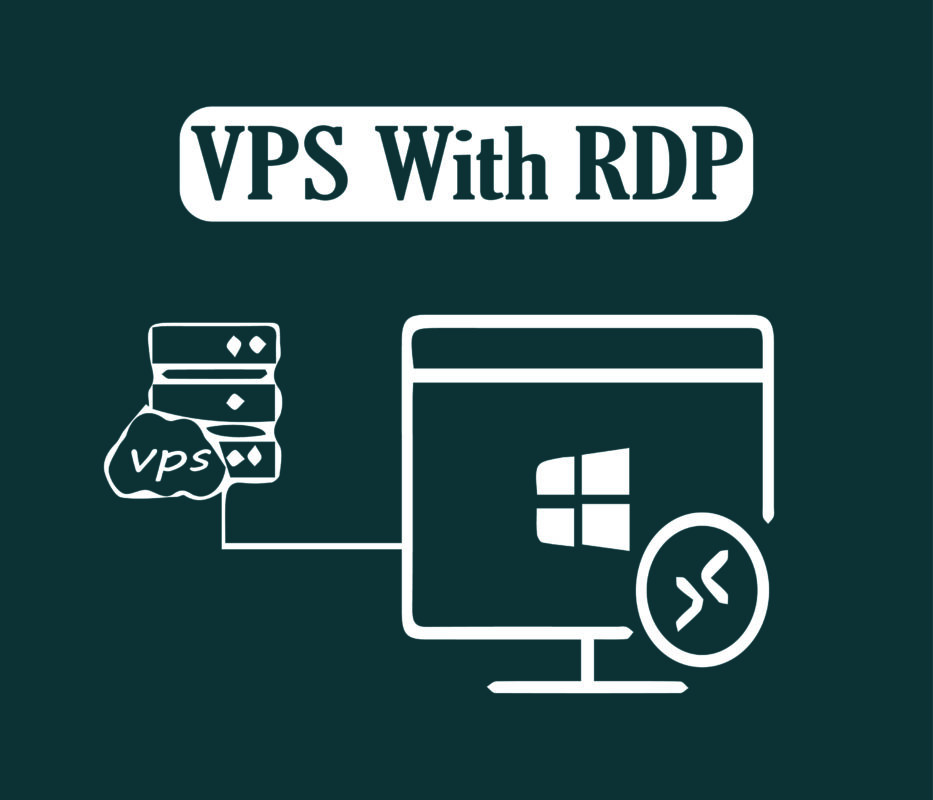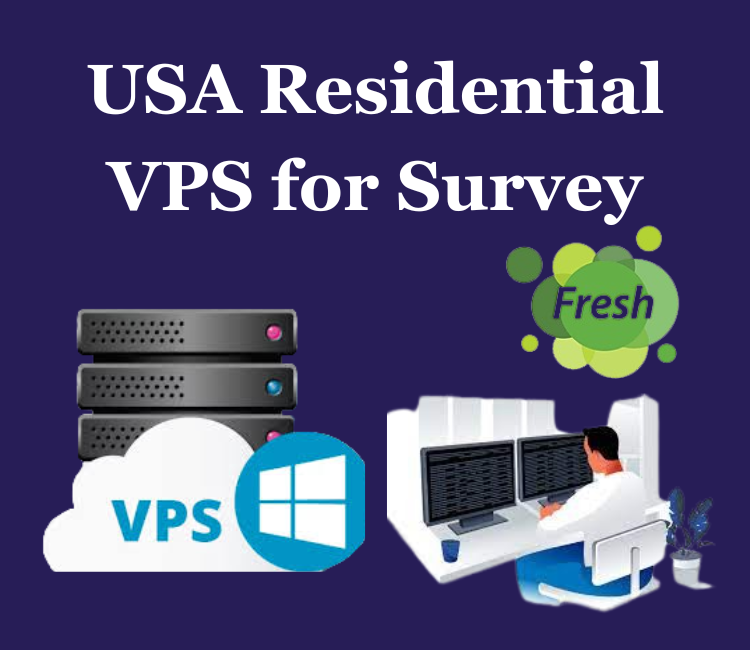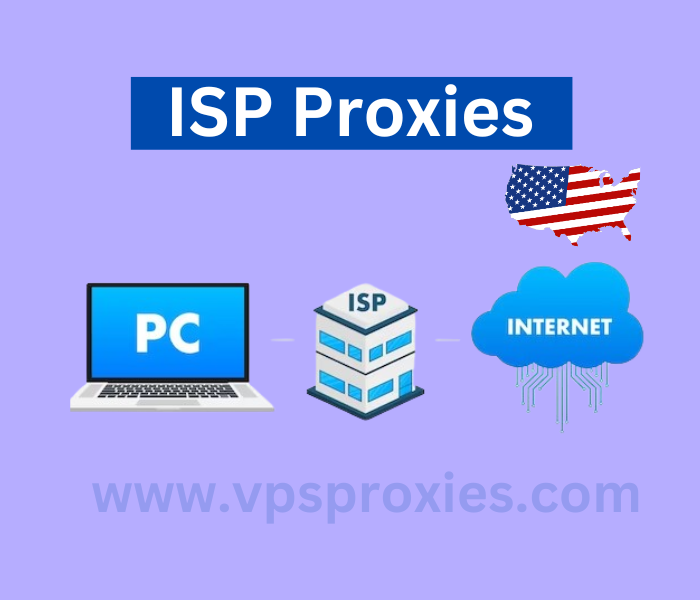Residential proxies can be safe if they are used properly and obtained from reputable providers. Residential proxies are IP addresses assigned to real residential devices, which means that they are less likely to be detected and blocked by websites compared to data center proxies. However, residential proxies can also be used for malicious purposes, such as scraping data or automating fraudulent activities, which can result in legal consequences.
Therefore, it is important to use residential proxies ethically and responsibly. This means that you should only use them for legal and legitimate activities, and avoid engaging in activities that may harm others or violate the terms of service of websites. Additionally, it is important to use reputable providers that offer reliable and secure residential proxies and to follow their usage guidelines and restrictions.
In summary, residential proxies can be safe if they are used for legitimate purposes and obtained from reputable providers, but they can also pose risks if used improperly or for malicious activities.
Can proxies be hacked?
Yes, proxies can be hacked if they are not properly secured or if there are vulnerabilities in the software or hardware used to operate them. Proxies are essentially servers that act as intermediaries between clients and the internet, and like any server, they can be targeted by attackers who are looking to exploit weaknesses in the system.
Some common methods of proxy hacking include exploiting vulnerabilities in the proxy server software, stealing login credentials, and hijacking the proxy connection to intercept traffic or launch attacks on other systems. Once a proxy is hacked, the attacker can potentially gain access to sensitive information, manipulate traffic, or use the compromised system to launch further attacks.
To prevent proxy hacking, it is important to implement proper security measures such as using strong passwords, regularly updating software and hardware, and implementing firewalls and other security protocols to monitor and control access to the proxy server. Additionally, it is important to choose reputable and secure proxy providers that prioritize security and have a strong track record of protecting their systems from attacks.
Do hackers use proxies?
Yes, hackers often use proxies to conceal their identity and location while carrying out attacks or other malicious activities. By using a proxy server, a hacker can route their traffic through an intermediary server, effectively masking their IP address and making it more difficult to trace their activities back to them.
Proxies can also be used to bypass security measures such as firewalls and IP blacklists, allowing hackers to access systems or networks that would otherwise be inaccessible. In addition, proxies can be used to carry out distributed denial of service (DDoS) attacks, in which a large number of requests are sent to a target system from multiple compromised devices, each of which is using a different IP address to make it harder to block the attack.
However, it is important to note that not all proxy users are hackers, and not all hackers use proxies. Proxies can also be used for legitimate purposes such as privacy protection or accessing content that is restricted in certain regions. It is the actions and intentions of the user that determine whether the use of a proxy is ethical or not.
Does a proxy hide your IP?
Yes, a proxy can hide your IP address by acting as an intermediary between your device and the internet. When you use a proxy server, your device sends its internet traffic to the proxy server first, and then the proxy server forwards the traffic to the destination website or service. As a result, the destination website sees the IP address of the proxy server instead of your device’s IP address.
This can be useful for several reasons. For example, it can help protect your privacy by preventing websites and services from tracking your real IP address and location. It can also be used to bypass geo-restrictions and access content that is blocked in your region.
However, it’s important to note that not all proxies are created equal, and some may not effectively hide your IP address. For example, transparent proxies may still reveal your IP address to the destination website, while poorly configured or compromised proxies may leak your IP address or expose you to other security risks. Additionally, using a proxy does not guarantee complete anonymity or protection from all forms of tracking or monitoring.
What is the risk of proxies?
There are several risks associated with using proxies, particularly when they are not used properly or obtained from untrustworthy sources:
- Security risks: Proxies can be vulnerable to hacking or other security breaches, particularly if they are not properly secured or updated. A compromised proxy can be used to steal sensitive information, launch attacks on other systems, or manipulate traffic in harmful ways.
- Privacy risks: While proxies can be used to protect your privacy by hiding your IP address and location, they can also be used to track your activities and monitor your online behavior. Some proxies may collect data on your browsing habits, which can be used for targeted advertising or other purposes.
- Legal risks: Depending on how proxies are used, they can also pose legal risks. For example, using proxies to access geo-restricted content or engaging in other activities that violate the terms of service of websites or services can result in legal consequences.
- Performance risks: Using proxies can sometimes slow down internet speeds or cause other performance issues, particularly if the proxy is located far from your device or is not properly configured.
To minimize these risks, it’s important to use proxies ethically and responsibly, choose reputable providers that prioritize security and privacy, and follow best practices for configuring and using proxies. Additionally, it’s important to be aware of the limitations of proxies and understand that they do not provide complete anonymity or protection from all forms of tracking or monitoring.
Why are proxies banned?
Proxies may be banned by websites or services for a variety of reasons, including:
- Security: Proxies can be used to bypass security measures such as firewalls or IP blocking, making it easier for attackers to gain unauthorized access to a system or network.
- Fraud prevention: Proxies can be used to automate fraudulent activities such as account creation, online voting, or social media manipulation. Banning proxies can help prevent these activities from occurring.
- Compliance: Some websites or services may ban proxies to comply with legal or regulatory requirements, such as data protection laws or intellectual property restrictions.
- Resource management: Proxies can be used to mask a large number of requests from a single IP address, which can put a strain on servers and slow down the website or service performance. Banning proxies can help manage server resources and ensure that websites and services run smoothly.
It’s important to note that not all proxies are created equal, and some may be banned or restricted for legitimate reasons, while others may be unfairly targeted. It’s important to use proxies ethically and responsibly and to follow the guidelines and restrictions of websites and services to avoid being banned or blocked.
Can proxy IP be traced?
Yes, proxy IP addresses can be traced, although it may be more difficult to identify the original user behind the proxy.
When you use a proxy server, your device’s IP address is replaced by the IP address of the proxy server. However, the proxy server’s IP address can still be traced back to its original source, which may be a data center or another physical location.
In some cases, it may also be possible to trace the original user behind the proxy by examining other identifying information, such as cookies or browser fingerprints. However, this can be more difficult and may require more advanced tracking techniques.
It’s important to note that using a proxy does not guarantee complete anonymity or protection from all forms of tracking or monitoring. If you are concerned about your privacy or security, it’s important to use proxies ethically and responsibly, choose reputable providers that prioritize security and privacy, and follow best practices for configuring and using proxies.
How many proxies are allowed?
There is no hard and fast rule regarding the number of proxies that are allowed, as it depends on the specific context and purpose for which the proxies are being used.
For example, if you are using proxies for personal browsing or research purposes, there may not be any specific limits on the number of proxies you can use. However, if you are using proxies for business or commercial purposes, there may be limits imposed by the provider or by applicable laws or regulations.
It’s important to check the terms of service and acceptable use policies of the proxy provider to ensure that you are not violating any restrictions on the number of proxies you can use or the types of activities you can engage in. Additionally, it’s important to use proxies ethically and responsibly and to avoid engaging in activities that could harm other users or violate the law.
Is proxy secure?
The security of a proxy can depend on a number of factors, including the type of proxy, how it’s configured, and how it’s used.
Some types of proxies, such as SOCKS5 or HTTPS proxies, use encryption to protect your internet traffic and can provide a higher level of security. Other types of proxies, such as transparent proxies, may not provide any encryption or security features.
Additionally, poorly configured or compromised proxies can pose security risks, such as exposing your IP address or personal information to attackers, or allowing attackers to use the proxy as a gateway to launch attacks on other systems.
It’s important to choose reputable proxy providers that prioritize security and privacy and to follow best practices for configuring and using proxies. This includes using strong authentication and encryption, monitoring for unusual activity or traffic patterns, and regularly updating software and security measures to address any vulnerabilities or threats.
Ultimately, using a proxy can provide some level of security and privacy, but it’s important to understand its limitations and risks and to use proxies ethically and responsibly.
Can my ISP see my proxy?
Yes, your ISP (Internet Service Provider) can see that you are using a proxy, as the traffic between your device and the proxy server still passes through the ISP’s network.
However, the ISP may not be able to see the specific content of your internet traffic or the websites you visit, as this information is encrypted and protected by the proxy server. The ISP may only be able to see the IP address of the proxy server and the amount of data being transferred.
It’s important to note that using a proxy does not guarantee complete anonymity or protection from all forms of monitoring or tracking. If you are concerned about your privacy or security, it’s important to use proxies ethically and responsibly, choose reputable providers that prioritize security and privacy, and follow best practices for configuring and using proxies.
Do proxies cost money?
Yes, proxies generally cost money, although the cost can vary depending on the type of proxy, the provider, and the specific features and capabilities offered.
Some types of proxies, such as public proxies, may be available for free, but these may not provide the same level of performance, security, or privacy as paid proxies. Additionally, free proxies may have limitations on usage, such as bandwidth or connection time limits.
Paid proxies, on the other hand, typically offer more advanced features and capabilities, such as dedicated IPs, higher bandwidth, and better security and privacy protections. The cost of paid proxies can range from a few dollars per month to several hundred dollars per month, depending on the provider and the specific requirements of the user.
When choosing a proxy, it’s important to consider factors such as cost, performance, security, and privacy, and to choose a reputable provider that can meet your specific needs and requirements.
How do I delete my ISP history?
The specific steps to delete your ISP (Internet Service Provider) history may vary depending on your device and operating system, but generally, you can follow these basic steps:
- Clear your browser history: Most web browsers allow you to clear your browsing history, which includes a record of the websites you have visited. This can be done through the browser’s settings or preferences menu.
- Delete your DNS cache: Your DNS (Domain Name System) cache stores information about the websites you have visited, so deleting this cache can help remove traces of your internet activity. This can be done through the command prompt or terminal on your device.
- Use a VPN: A VPN (Virtual Private Network) can help encrypt your internet traffic and hide your IP address, making it more difficult for your ISP to track your online activity. Be sure to choose a reputable VPN provider that prioritizes security and privacy.
- Use a private browsing mode: Many web browsers offer a private browsing mode, which does not save your browsing history or other data. This can be a helpful option if you want to browse the web without leaving a trace.
It’s important to note that while these steps can help remove some traces of your internet activity, they may not provide complete anonymity or protection from all forms of monitoring or tracking. Additionally, it’s important to use the internet ethically and responsibly and to respect the privacy of others.
How do I hide my ISP history?
To hide your ISP (Internet Service Provider) history and prevent your online activity from being monitored or tracked, you can use a combination of the following methods:
- Use a VPN (Virtual Private Network): A VPN can encrypt your internet traffic and route it through a remote server, making it more difficult for your ISP to see what you are doing online. Be sure to choose a reputable VPN provider that prioritizes security and privacy.
- Use HTTPS or SSL connections: HTTPS and SSL connections encrypt the data that is sent between your device and the website you are visiting, making it more difficult for your ISP to intercept or monitor your online activity.
- Use private browsing mode: Many web browsers offer a private browsing mode, which does not save your browsing history or other data. This can be a helpful option if you want to browse the web without leaving a trace.
- Use Tor: Tor is a free software that allows you to browse the internet anonymously by routing your traffic through a network of servers operated by volunteers around the world.
- Use a proxy server: A proxy server can act as an intermediary between your device and the internet, making it more difficult for your ISP to monitor your online activity. Be sure to choose a reputable proxy provider that prioritizes security and privacy.
It’s important to note that while these methods can help protect your privacy and prevent your online activity from being monitored or tracked, they may not provide complete anonymity or protection from all forms of monitoring or tracking. Additionally, it’s important to use the internet ethically and responsibly and to respect the privacy of others.
Are residential proxies safe?
Residential proxies can be safe if they are used ethically and responsibly, and if they come from a reputable provider. Residential proxies are IP addresses that are assigned to residential devices, such as laptops or smartphones, which can make them less likely to be detected or blocked by websites or services.
However, it’s important to note that using residential proxies for malicious or unethical purposes, such as spamming, scraping, or conducting fraudulent activities, can put you at risk of legal and reputational consequences. Additionally, some websites and services may block or blacklist residential proxies to prevent abuse or fraudulent activities.
If you choose to use residential proxies, be sure to choose a reputable provider that prioritizes security and privacy, and to use the proxies in accordance with ethical and legal guidelines. It’s also important to follow best practices for configuring and using proxies, such as rotating IP addresses, avoiding suspicious or high-risk activities, and respecting the terms of service of the websites and services you use.
Is a proxy safe as VPN?
While both proxies and VPNs (Virtual Private Networks) can help protect your online privacy and security, they are not equally safe or secure.
VPNs are generally considered to be more secure than proxies because they encrypt all of your internet traffic and route it through a remote server, which makes it more difficult for anyone, including your ISP or government agencies, to monitor or intercept your online activity. Additionally, VPNs typically use strong encryption protocols and have a no-logs policy, which means they do not store any data about your online activity.
Proxies, on the other hand, do not encrypt your internet traffic and only mask your IP address, which makes them less secure and more susceptible to monitoring or interception. Additionally, some proxy providers may log your online activity or sell your data to third parties, which can compromise your privacy and security.
It’s important to choose a reputable VPN or proxy provider that prioritizes security and privacy and to use the service in accordance with ethical and legal guidelines. Additionally, it’s important to follow best practices for configuring and using the service, such as using strong passwords, keeping your software up-to-date, and avoiding suspicious or high-risk activities.
Is residential proxy legal?
Residential proxies are generally legal, but their legality can vary depending on how they are used and in which country or jurisdiction they are used.
Using residential proxies for ethical and legal purposes, such as web scraping, market research, or ad verification, is generally considered to be legal. However, using residential proxies for malicious or illegal purposes, such as spamming, fraud, or hacking, can result in legal and reputational consequences.
Additionally, some countries or jurisdictions may have laws or regulations that restrict or prohibit the use of proxies or certain types of proxies. For example, in some countries, it may be illegal to use proxies to bypass regional restrictions on certain websites or services.
It’s important to use residential proxies ethically and responsibly and to follow the laws and regulations of the country or jurisdiction in which you are using them. It’s also important to choose a reputable proxy provider that prioritizes security and privacy and to use the proxies in accordance with ethical and legal guidelines.













